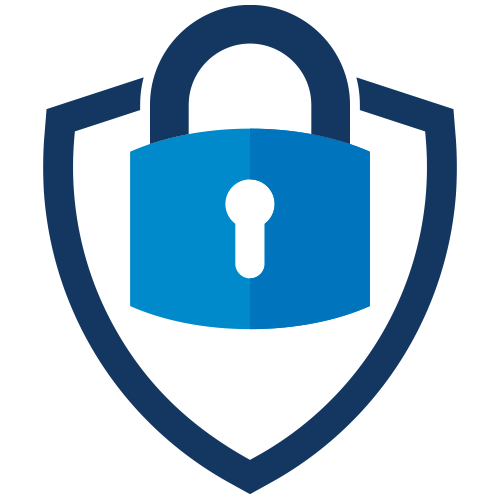
Please verify yourself to continue...
We apologize for the inconvenience, but your activity and behavior on
our site made us think that you are a bot.
Please solve this CAPTCHA to request unblock to the website

We apologize for the inconvenience, but your activity and behavior on
our site made us think that you are a bot.
Please solve this CAPTCHA to request unblock to the website